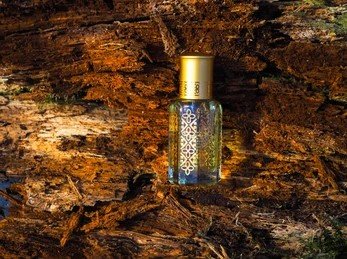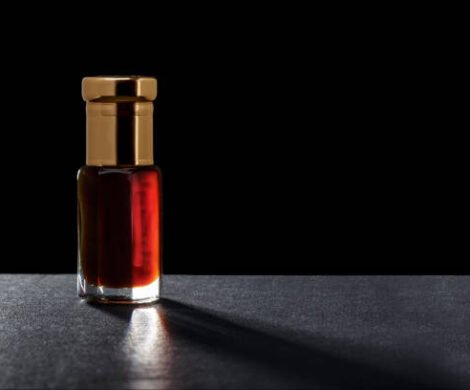What are the benefits of attar?

Attar, also known as ittar or essential oil, has been used for centuries for its therapeutic, cosmetic, and cultural benefits. Attars are obtained through the process of steam distillation or cold pressing of plant materials such as flowers, herbs, fruits, and resins. The resulting highly concentrated natural substances have a wide range of benefits, including:
- Promoting relaxation and reducing stress: Many types of attars, including lavender, chamomile, and ylang-ylang, have calming and soothing effects on the mind and body. They are commonly used in aromatherapy to help reduce stress and promote relaxation.
- Improving mood: Certain attars, such as rose, jasmine, and neroli, are known for their uplifting and mood-enhancing properties. These attars are often used in aromatherapy to improve mood and promote feelings of happiness.
- Enhancing cognitive function: Some attars, such as peppermint and rosemary, are believed to improve cognitive function and mental clarity. They are often used in aromatherapy to enhance focus and concentration.
- Supporting immune function: Many attars have antibacterial, antiviral, and antifungal properties that can help support immune function. For example, tea tree attar is commonly used to help fight infections and promote healing.
- Treating skin conditions: Attars such as sandalwood, geranium, and frankincense are known for their skin-healing properties. They are often used in natural skincare products to help treat conditions such as acne, eczema, and psoriasis.
- Reducing inflammation: Certain attars, such as frankincense and myrrh, have anti-inflammatory properties that can help reduce swelling and inflammation. They are often used in traditional medicine to help treat conditions such as arthritis and other inflammatory disorders.
- Supporting respiratory health: Many attars have expectorant and decongestant properties that can help support respiratory health. For example, eucalyptus attar is commonly used to help clear nasal passages and relieve congestion.
- Repelling insects: Some attars, such as citronella and lemongrass, are known for their insect-repelling properties. They are often used in natural insect repellents to help keep mosquitoes, flies, and other insects at bay.
- Improving digestive health: Certain attars, such as ginger and peppermint, are believed to have digestive-stimulating properties. They are often used in traditional medicine to help relieve indigestion, bloating, and other digestive issues.
In addition to their many health benefits, attars are also highly valued for their cosmetic and cultural significance. Many attars are used in the production of perfumes, cosmetics, and other personal care products. Attars are often used in place of synthetic fragrances, as they are considered more natural and pure. Because they are highly concentrated, attars can also be used in small quantities, making them an economical choice for many manufacturers.
Attars are also valued for their spiritual and cultural significance. In many cultures, attars are used in religious ceremonies or as offerings to the gods. In India, for example, ittar has been used for centuries in Hindu and Muslim religious ceremonies. In Sufi mysticism, attars are used to symbolize the divine essence, and are often associated with specific spiritual qualities such as love, humility, and purity.
Despite their many benefits, attars should be used with caution, and obtained from reputable sources. Because they are highly concentrated, some people may experience allergic reactions or other adverse effects when using attars. It is important to use attars in small quantities, and to test for allergic reactions before using them on a larger scale.




